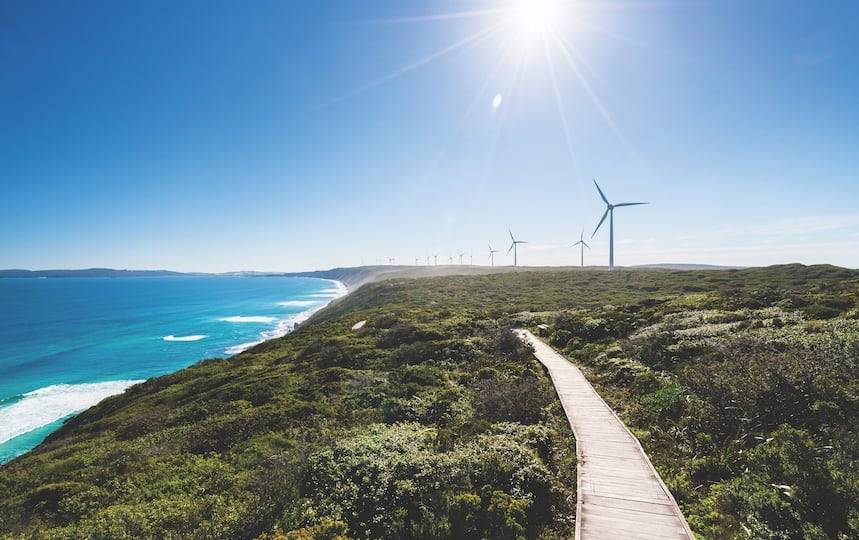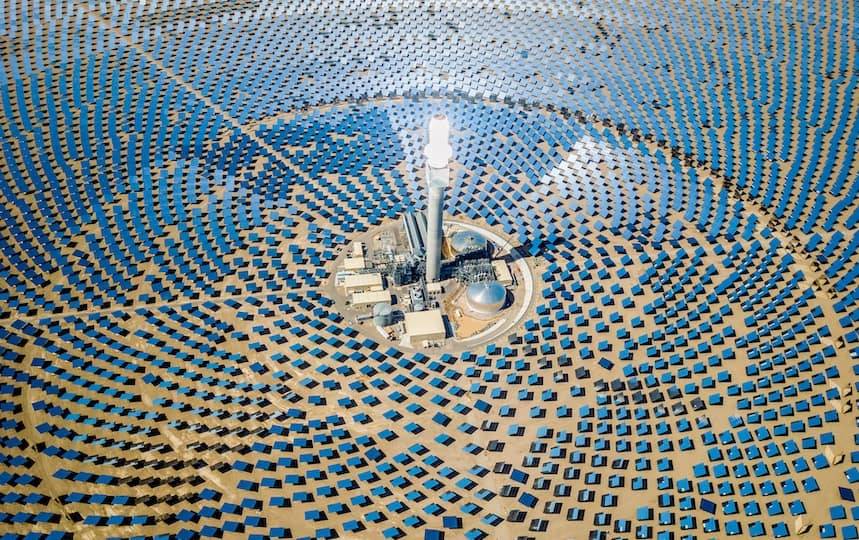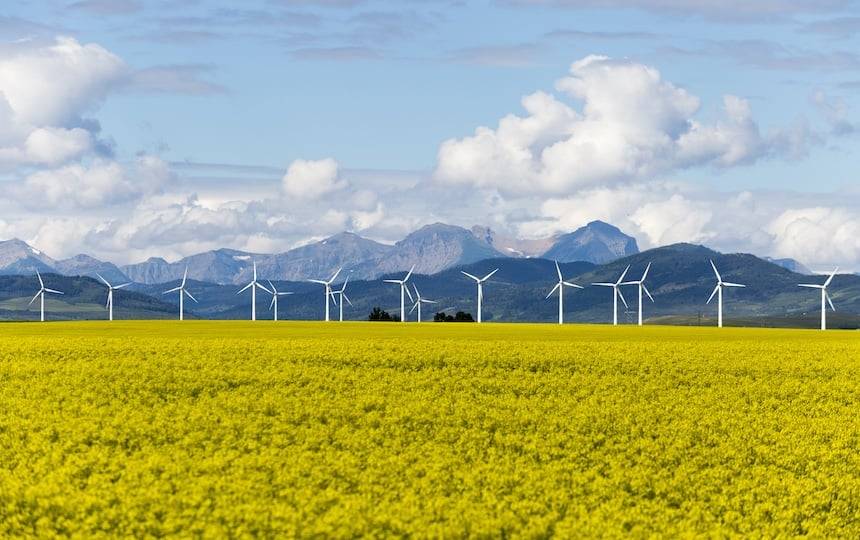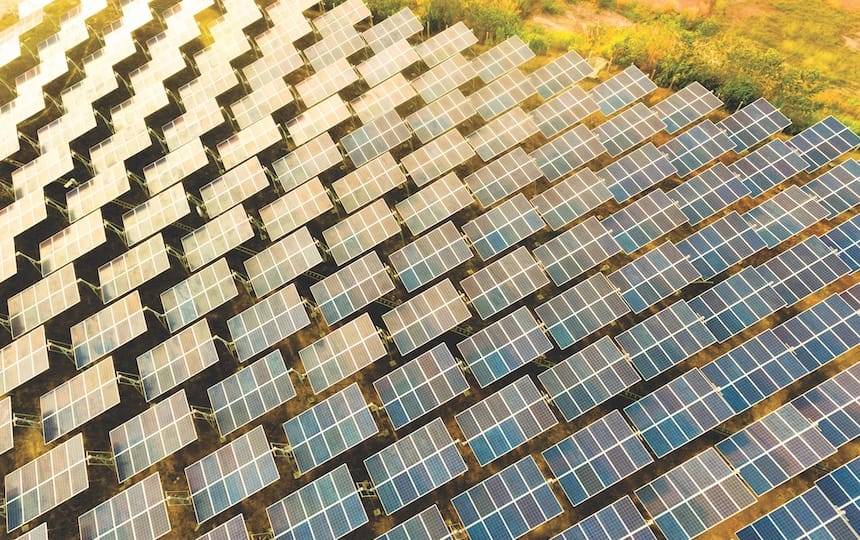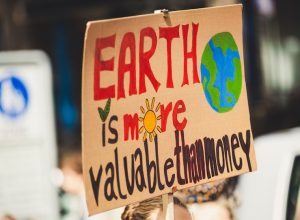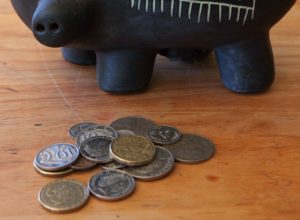Your money could be racking up a hefty carbon footprint, or supporting industries that don’t align with your personal beliefs. Ethical banking can ensure your money is being used for good.
Have you ever considered how your money is being used beyond your daily transactions? Every day your money is being loaned and invested into corporations and industries. In return, you receive interest payments and hopefully accumulate more wealth.
How can divestment and ethical banking help the planet?
To align your money with your ethics, you need to take control of what your money is funding and divert it into other industries. It’s a practice called divestment.
It means that instead of unintentionally funding things like fossil fuels, modern slavery, child labour, pornography, tobacco, gambling, live exports or weapons, you actively seek opportunities to invest in positive things.
For example, you might prioritise investing in renewable energy projects, medical research, healthcare, regenerative agriculture or public housing. The point is that you take control of your money and the impact it is having on the planet.
What is your money currently funding?
How can we determine what our money is currently funding? Unfortunately, there is no easy answer to this question. You can ask your bank or superannuation provider, but you might not get a response. This is partly because the answer can be complicated, and even ethical banks don’t have the resources to provide ultra-specific reporting.
It’s also because financial institutions are not legally bound to provide this information. The Australian Government currently has no legislation which requires banks or superannuation funds to disclose how they are investing money.
Changes to the Corporations Act requiring financial institutions to publish their full holdings were deferred from December 2019 until the end of 2020. But deferment also took place in 2017, 2016 and 2015.
Investment tracking is made even murkier by the global scale on which some big financial institutions operate. For major banks with international arms offering superannuation schemes, money moves beyond Australian shores and into the global marketplace.
Then, there are the added complexities of financial institutions investing in multinational corporations.
The positive impacts of ethical banking
Even if you don’t have a large amount of savings or superannuation, switching to an ethical bank or super fund can make a significant difference.
Importantly, it can give you peace of mind, but more than that, your dollars become part of a collective movement with incredible potential.
The combined value of Australian superannuation is approximately $2.7 trillion. To put that enormous number into perspective: our superannuation is worth more than the net value of the Australian Stock Exchange.
Individually, we may not have much, but together Australians are a force to be reckoned with; making the switch to ethical divestment is well worth the time spent on paperwork.
Is ethical banking viable?
In short, yes. Annual benchmarking reports produced by the Responsible Institute Association of Australasia (RIAA) have shown responsible investment funds continue to outperform mainstream funds over most time frames and asset classes.
That’s not to say investment doesn’t come with risks. It does, but there doesn’t seem to be any reason you would have to sacrifice profitability for ethics.
How to get started with ethical banking
If you are interested in switching, your first step should be to figure out what ethical means to you.
Write a list, prioritise the industries you don’t want to support as well as the ones you are happy to fund.
From there, you can utilise online tools to find a scheme or bank most in tune with your own values. Alternatively, you can seek out an ethical financial adviser to tailor an investment portfolio to your unique requirements.
More info…
There are many online websites and tools designed to provide transparency over the financial industry in Australia, and they can be a great place to start researching ethical banking.
- The Responsible Investment Association Australasia tracks investments made by financial institutions and also runs a tool called Responsible Returns, which helps you compare and choose a super fund or bank aligned with your values.
- Leaf Ratings run by the Ethical Advisers’ Co-op, rates financial institutions based solely on their ethics.
- Market Forces is an advocacy group focused on respectful environmental investment with a particular focus on fossil fuel divestment.
- Don’t Bank on the Bomb, tracks investments by Australian banks into companies manufacturing nuclear weapons.


